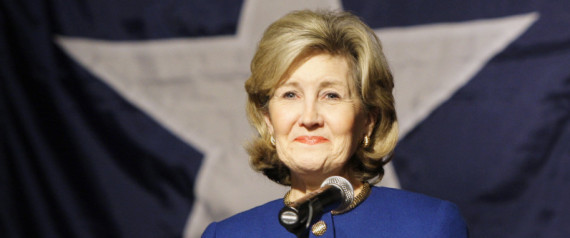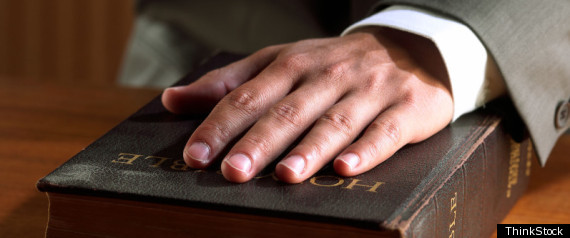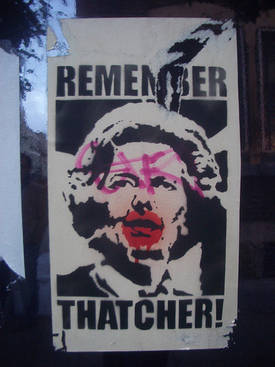By Cecile S. Holmes
c. 2011 Religion News Service
(RNS) Jeremiah Scott was 11 when the abuse and molestation began in 1990 at the hands of an elder in his Mormon church in Portland, Ore. After the man died in 1995, Scott's mother sued the church in 1998 for putting her son at risk.
His mother said when she reported the abuse of Brother Frank Curtis to church authorities, she was told they already knew about it. Digging deeper, her attorneys discovered molestation claims against Curtis that stretched across state lines and went back decades.
But the church employed a unique legal defense: As a religious institution, church leaders said they were protected by the First Amendment's separation of church and state from having to surrender personnel files, victims' complaints or other documents.
Attorneys representing the Church of Jesus Christ of Latter-day Saints argued its records were protected by clergy-penitent privilege and the First Amendment's protection of the "free exercise" of religion.
Though the case was eventually settled in 2001, journalist Lisa Davis says the case represents a profound misuse -- and misunderstanding -- of the freedoms afforded to religious institutions under the Constitution.
And while a $3 million settlement may have ended the case for Scott and Curtis, it did not resolve the sticky First Amendment issues, Davis argues in her recent book, "The Sins of Brother Curtis."
"Everything was a fight in the case," said Davis, who teaches journalism at Santa Clara University and who has written for media outlets in Phoenix and San Francisco.
"Most states have a provision for clergy confidentiality. The idea being that we want to allow people to unburden themselves to their religious leader. It's designed for a confessional situation. It's not designed for a person coming to any church leader saying I'm worried about my child."
Legal scholars say that nearly 10 years after the Catholic abuse scandal highlighted the depth and breadth of the abuse of minors, the lines of authority between church and state remain murky when it comes to criminal acts.
"As important as the constitutional grounding is, there is rarely a complete prohibition for wrongs committed within the four corners of the church," says Brent Walker, an attorney and head of the Baptist Joint Committee for Religious Liberty.
Legal scholars say church bodies -- from Catholic dioceses to entire denominations -- often try to use the First Amendment to block victims' attorneys from accessing internal documents. In a case now headed for the U.S. Supreme Court, a religious school has tried to use the First Amendment to stave off an employment discrimination suit filed by a teacher.
"There hasn't been much written about these First Amendment issues because the focus has been on the victims and the abuse," said Marci Hamilton, legal scholar at New York's Benjamin Cardozo School of Law at Yeshiva University.
Church attorneys tried to use the First Amendment to block prosecutors in several ways as the Catholic clergy sex abuse web unwound, said Leslie Griffin, a professor of constitutional law at the University of Houston.
"There were claims that a lot of the documents were protected and then we go into litigation," Griffin said. "Their reading of the First Amendment is that it allows no government interference of religion, no government intrusion, no government review."
In the Curtis case, other legal arguments emerged around the idea of redemption -- an idea that is as central to religious teaching as private confessions made between a priest and his bishop.
"Frank Curtis had been found out (as a molester) in the 1980s and had been excommunicated by the church when it was found out," Davis said. "But he went through a process of repentance and was re-baptized."
That redemption process again gave Curtis access to children as a Sunday school teacher and Scout leader. In court, LDS lawyers said the church had a constitutionally protected right to believe in Curtis' redemption.
"This became known as the clean slate argument. The idea was he had emerged after baptism with a clean slate," Davis said.
Citizens are free to believe whatever they like, Davis said, but actions are governed by the law. And while the Constitution protects belief, and sometimes practice, it does not protect criminal actions.
One question that courts will have to wrestle with, scholars say, is whether putting someone in a position of authority is an extension of belief. Up until about 20 years ago, most states assumed the First Amendment barred anyone from bringing a claim against clergy, said Hamilton, the New York scholar.
"That theory was ... you could not go after the church because of one bad apple," she said. "But the more we've learned about clergy abuse cases, the more we're learning about the role the churches have played in covering up abuse and furthering that abuse."
"As the courts have become more educated, they have come to understand that religious institutions have to be held liable, and that the First Amendment was never intended as a protection for this kind of behavior





 La Donna Hale Curzon, the host of Sarah Palin Radio, accused the Thatcher circle of disgracing the former prime minister. "Margaret Thatcher would never call a fellow Conservative, let alone Gov Palin 'nuts'," Hale Curzon tweeted. "Thatcher's handlers have disgraced the Iron Lady." The ally who criticised Palin said the Thatcher circle would not change their minds despite the backlash. "Margaret will not be meeting Sarah Palin. If necessary we will make sure that Margaret has an off day when Palin is in London
La Donna Hale Curzon, the host of Sarah Palin Radio, accused the Thatcher circle of disgracing the former prime minister. "Margaret Thatcher would never call a fellow Conservative, let alone Gov Palin 'nuts'," Hale Curzon tweeted. "Thatcher's handlers have disgraced the Iron Lady." The ally who criticised Palin said the Thatcher circle would not change their minds despite the backlash. "Margaret will not be meeting Sarah Palin. If necessary we will make sure that Margaret has an off day when Palin is in London